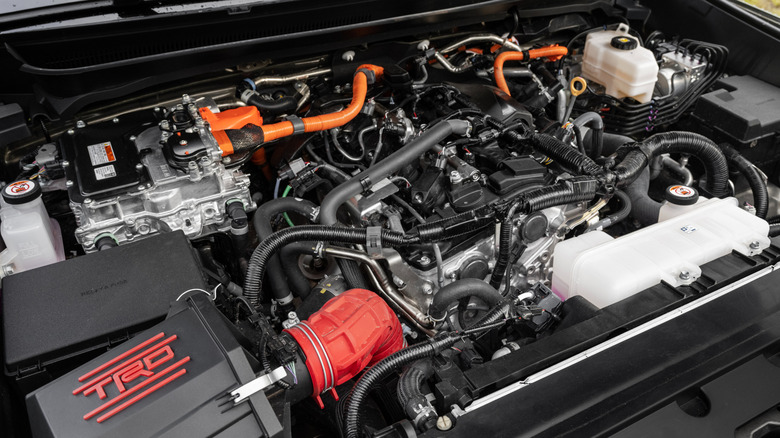The Hidden Impact of Ethanol in Gasoline on Your Engine

Ethanol has played a significant role in the evolution of internal combustion engines, dating back to their earliest days. Nicolaus Otto, the inventor of the four-stroke engine, powered one of his first motors with ethanol in 1876. Fast forward to the 20th century, and ethanol was used as an additive to boost gasoline performance during the 1920s and 1930s. However, it wasn't until the energy crises of the 1970s that ethanol gained renewed attention as a potential solution to both fuel shortages and environmental concerns.
At the time, ethanol was promoted as a cleaner-burning alternative to traditional gasoline, derived from renewable sources like corn grown domestically in the United States. This meant less reliance on foreign oil — a compelling argument during a period marked by geopolitical tensions and supply disruptions. While these claims were widely accepted for decades, they have since become more controversial, with critics questioning the actual benefits of ethanol-based fuels.
The Science Behind Ethanol Blending
Today, most gasoline sold in the U.S. contains up to 10% ethanol (E10). One of the primary reasons for this blend is ethanol’s higher octane rating, which helps prevent premature combustion or "engine knocking." Knocking occurs when fuel ignites too early inside the engine cylinder, potentially causing damage and reducing efficiency. By increasing the octane level, ethanol helps ensure smoother engine operation.
However, ethanol also comes with trade-offs. It contains less energy per gallon than pure gasoline, meaning vehicles using ethanol-blended fuels tend to experience reduced fuel economy. That said, ethanol is often cheaper at the pump, which can offset some of the efficiency losses.
Environmental Considerations
Proponents argue that ethanol burns more cleanly than conventional gasoline, emitting fewer greenhouse gases and pollutants. In theory, this contributes to improved air quality and reduced carbon emissions. But the reality becomes more complex when considering the full life cycle of ethanol production.
Critics point out that converting crops like corn into ethanol requires significant amounts of energy, water, and land. When factoring in emissions from farming equipment, fertilizer use, and processing plants, some studies suggest ethanol may not be much better than gasoline from an environmental standpoint. Others — particularly those with vested interests in ethanol production — dispute these findings, claiming modern agricultural techniques and more efficient distillation processes have made ethanol a net positive.
Impact on Vehicle Engines
From a mechanical perspective, the effects of ethanol are more straightforward. Most cars manufactured since the early 2000s are designed to run on E10 without issue. These vehicles feature materials and components that can withstand ethanol’s chemical properties.
Older engines, however, weren’t built with ethanol compatibility in mind. Ethanol acts as a solvent, breaking down untreated rubber and plastic parts such as hoses and seals. Over time, this can lead to leaks, fuel system failures, and costly repairs. Another concern is ethanol's hygroscopic nature — its ability to absorb moisture from the air. Water in the fuel system can cause rust and corrosion, especially in vehicles that sit unused for long periods.
For high-ethanol blends like E85 (85% ethanol, 15% gasoline), only flex-fuel vehicles (FFVs) are recommended. These specially engineered cars include upgraded fuel pumps, injectors, and sensors capable of handling ethanol’s unique combustion characteristics. Despite their popularity in the mid-2000s, FFV options have dwindled in recent years, with only a handful of new models offering the capability in 2025.
Still, with around 20 million FFVs currently on American roads, E85 remains relevant for drivers seeking alternatives to traditional gasoline. With proper modifications, even older classic cars can be adapted to run on E85, though doing so requires careful planning and investment in compatible components.
In conclusion, ethanol continues to play a complex and evolving role in the automotive world. Whether viewed as a sustainable fuel option or a problematic compromise, its influence on both engines and the environment remains a topic of ongoing debate and innovation.
Post a Comment for "The Hidden Impact of Ethanol in Gasoline on Your Engine"
Post a Comment